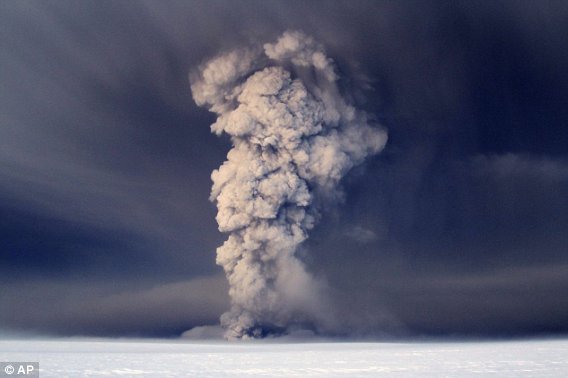Starkey ravings
We've had Geoff Pullum's response to "David Starkey on rioting and Jamaican languages" (here): a suitably outraged reaction to Starkey's amazingly ignorant ravings on language, race, and culture in the recent British riots (it's all the fault of Jamaican Creole!). Now, from the ironic wing of the creolist world, the following response by Peter Trudgill (Honorary Professor of Sociolinguistics at the University of East Anglia in Norwich), written as a letter to the Guardian (which might or might not publish it) and reproduced here with his permission:
During the Newsnight interview in which David Starkey complained about "this language which is wholly false, which is this Jamaican patois that has been intruded in England" (13th August), it was shocking to note that he himself used a form of language which was distressingly alien. I estimate that at least 40%, and quite possibly more, of his vocabulary consisted of utterly foreign words forced on us by a wholly other culture – words which were intruded in England from the language of Norman French immigrants to our country, such as "language" and "false". And there were many other alienating aspects to his speech. It was unfortunate, for instance, that he chose to use the term "intruded", employing a word insinuated into our language by sub-cultures in our society who abandoned their true Anglo-Saxon heritage and instead imitated the wholly false language of Roman invaders.
From back-channel discussion, it appears that pretty much all living linguists with significant knowledge of Jamaican Creole — I don't count, since what I know about the language comes mostly from Beryl Bailey's wonderful Jamaican Creole Syntax (1966) and later descriptions, rather than from personal experience — are appalled by Starkey's incendiary ravings. How could they not be?
Permalink Comments off


